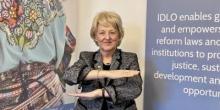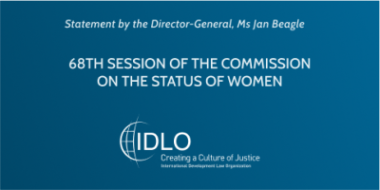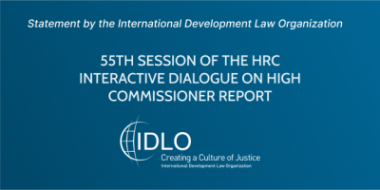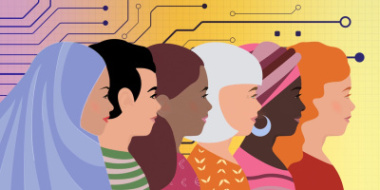COVID-19 sparks urgency around justice for women, new report calls for action
A new report documents major challenges to women’s access to justice in light of the COVID-19 pandemic and puts forth recommendations to accelerate action and push back against threats to progress.















